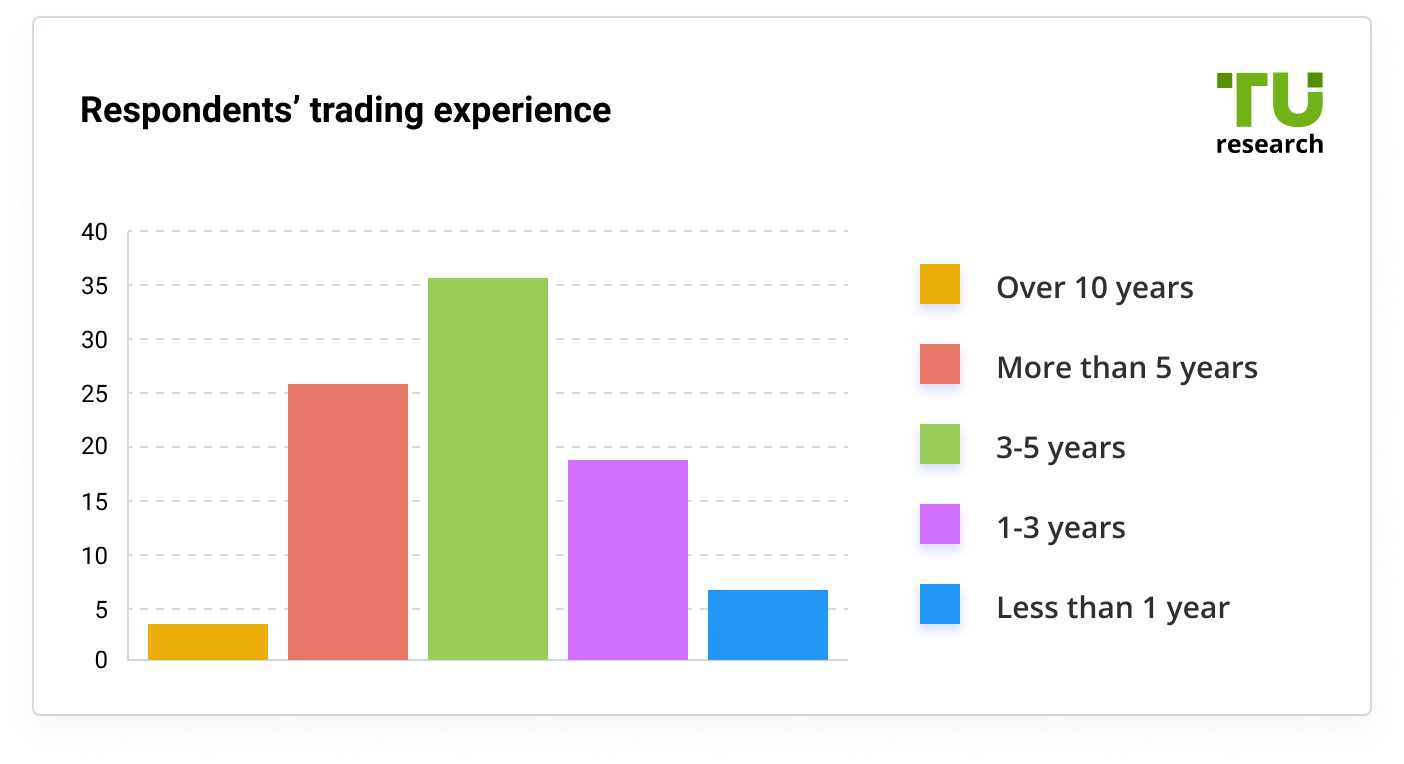Introduction
The Insider Trading Act occupies a crucial position in the South African financial landscape, safeguarding the integrity and transparency of its markets. This legislation defines insider trading as the unlawful use of confidential or non-public information for financial gain. By prohibiting such practices, the Act protects investors and promotes trust in our capital markets. In this comprehensive article, we will delve into the intricacies of the Insider Trading Act in South Africa, its historical roots, enforcement mechanisms, penalties for non-compliance, and its significance in ensuring a fair and equitable investment environment.
A Historical Perspective
The origins of legislation against insider trading can be traced back to the United States in the early 20th century. The first comprehensive law specifically addressing insider trading emerged in 1934 with the U.S. Securities Exchange Act. This landmark legislation paved the way for similar laws worldwide, including South Africa’s Insider Trading Act. The South African Parliament enacted the Insider Trading Act in 1998, recognizing the need to combat this harmful practice and bring it in line with international norms.
Defining Insider Trading
At its core, insider trading involves individuals trading securities while in possession of material non-public information. This privileged information may have been obtained through their position or affiliation with a company, government agency, or other entities with access to sensitive data. Examples include upcoming mergers and acquisitions, financial results, or regulatory changes. By leveraging this non-public knowledge, insiders can make substantial profits through timely stock transactions or by avoiding significant losses.
Impact on Investors and Markets
Insider trading erodes investor confidence and undermines the integrity of capital markets. It creates an unfair advantage for individuals with access to confidential information, distorting prices and undermining the ability of ordinary investors to make informed decisions. Moreover, it can lead to market manipulation, false trading, and other financial malpractices, which further damage investor trust and destabilize the financial system.
Enforcement and Penalties
The Insider Trading Act establishes a robust enforcement regime to combat these illicit practices. The Financial Sector Conduct Authority (FSCA) serves as the primary regulator responsible for enforcing the Act and investigating allegations of insider trading. The FSCA has extensive investigative powers, including the authority to compel testimony, obtain documents, and impose fines and other sanctions against violators.
Penalties for insider trading in South Africa are severe and can include substantial fines, imprisonment, or both. The Act also allows for civil remedies, such as disgorgement of profits and injunctions prohibiting further trading. The Financial Markets Tribunal (FMT) has jurisdiction to adjudicate insider trading cases and impose appropriate penalties.

Image: www.pogo.org
Recent Developments and Enforcement Actions
In recent years, South Africa has seen an increase in high-profile insider trading cases. The FSCA has successfully prosecuted several individuals and companies for violating the Act, demonstrating the government’s commitment to combating this harmful practice. These enforcement actions have sent a strong message that insider trading will not be tolerated, and they have contributed to enhancing the integrity of the South African financial markets.
International Cooperation and Best Practices
South Africa is an active participant in international efforts to combat insider trading. The FSCA collaborates with regulatory bodies worldwide through organizations such as the International Organization of Securities Commissions (IOSCO) to exchange information, share best practices, and coordinate enforcement actions against transnational insider trading schemes.

Image: tradersunion.com
Insider Trading Act South Africa
Conclusion
The Insider Trading Act plays a vital role in safeguarding the fairness and integrity of South Africa’s financial markets. By prohibiting insider trading and imposing strict penalties, the Act protects investors, promotes confidence, and ensures a level playing field for all market participants. The FSCA’s active enforcement of the Act has demonstrated the government’s commitment to combating this harmful practice and maintaining the integrity of the South African financial system. As markets continue to evolve, the Insider Trading Act remains a cornerstone of investor protection and a testament to the importance of fair and equitable investment practices.






